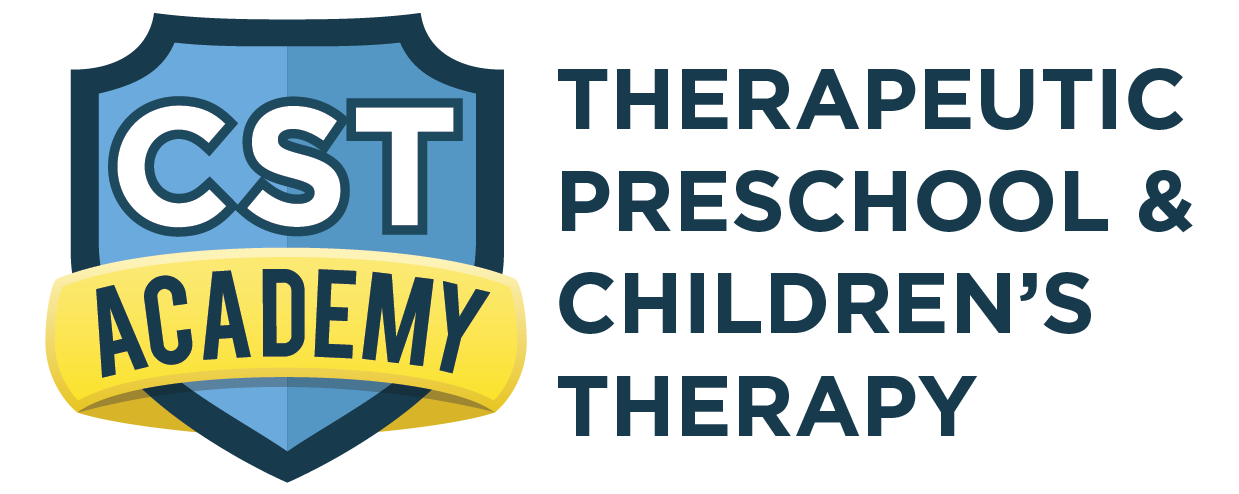Parents, especially those new to speech therapy, are always wondering about how to support their child. It can be difficult learning that your child requires additional help in an area, especially developmentally. First, take a deep breath. It can be scary to find out your child requires additional help, especially with developmental skills. However, recognizing there is a concern and getting up is critical to your child’s success. Second, find out what kind of help your child needs. Getting an evaluation is where to start, whether through a doctor, school, or speech therapist. Once your child is in therapy, you made it past the biggest hurdle! Take pride in getting your child the help they need. Next is becoming their therapy advocate.
Being your child’s advocate is a big deal. As their parent, you only want the best for them. Understanding what they are experiencing and why therapy is important is a big part of being their advocate. Without knowledge and understanding of therapy – there is no way for you to relate to your child’s needs or know if something is a symptom. Working with a speech therapist can open your eyes to your child’s challenges, but also to their unique personalities and understandings. The speech therapist is there to help your child develop specific skills, but also bring communication and connect to your home.
Here are a few simple steps to becoming your child’s therapy advocate:
Get Educated – You’re going to have some reading to do. Speech therapy and other developmental therapies have their own lingo. IEP, IFSP, OT, ST, PT, Special Day Class, least restrictive environment (LRE), goals, objectives, Free and Appropriate Education (FAPE), team meeting, receptive language, expressive language, speech, articulation, fine motor, gross motor, services, related services, etc. are just some of the terms you may hear! Ask your therapist about what to expect, or go online and educate yourself. Always be careful where you look for information. A great place to start is the ASHA website.
Ask Questions and Speak Up – They are still your child. Get to know your therapist, what their concerns are, and ask questions! Your child’s therapist should be able to answer all kinds of questions and help you to understand their needs. Don’t be shy when it comes to asking questions. Like your pediatrician, your speech therapist is a health specialist. They have completed a lot of requirements and educations in order to master their profession. Also like your pediatrician, they have heard it all before. They are accustomed to answering questions, no matter how awkward it may feel.
Do Your Homework – If your therapist assigns at home practice and skills development, do it. Your child cannot benefit from therapy if you are unwilling to take part. Typically, a therapy session is only 45 minutes, once or twice a week. For your child to really develop speech and language skills requires your involvement. Being an advocate means taking action! Do at-home practice with your child, and ask your therapist for ideas! Even 10 minutes a day makes an impact. Not only will this increase your child’s development, but also deepen your understanding of your child’s needs. Practicing with them opens doors for communication, and better relationships between your child and you!
Are you interested in receiveing free information, speaking with Karen, or scheduling a free tour? If so, Click Here












